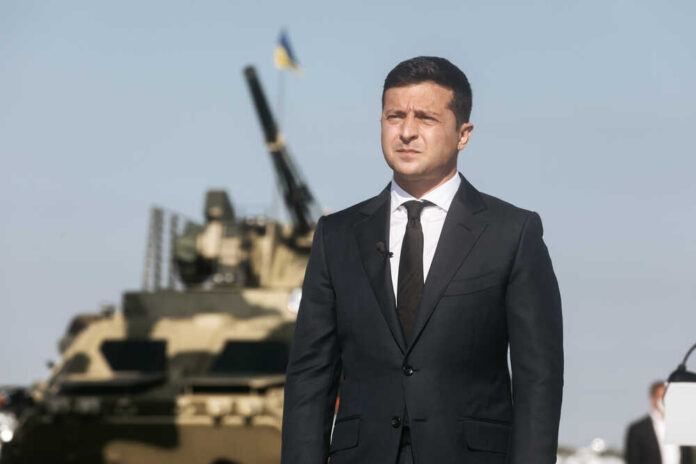According to Kyrylo Budanov, head of the Ukrainian Defense Intelligence Agency, Russian opposition leader Alexei Navalny’s death was caused by “natural” causes, not by a state-sponsored assassination.
On February 16, Navalny—a well-known opponent of Putin—died at one of Russia’s most severe prisons in northern Siberia. More than seven days after he passed away in an isolated Arctic settlement, his mother, Lyudmila Navalnaya, was granted custody of his body. Navalny was a significant figure in Russia’s political opposition and ran for president once.
After surviving a Russian state-sponsored murder attempt in 2020, Navalny was exposed to the nerve poison Novichok, which is virtually exclusively used in Russian political killings, according to laboratory testing in Europe. After the fact, Navalny asserted that he had deceived a Russian intelligence operative into believing that the Putin administration had instructed him to poison him with Novichok, which he had concealed in his underwear. Upon his return to Russia following the Novichok incident, he was apprehended and was in prison until his untimely demise in February, facing questionable corruption accusations.
In response to the numerous demonstrations and public expressions of grief that followed Navalny’s death, the Putin regime made extensive arrests. According to Budanov, who is in charge of the Main Directorate of Intelligence (HUR) in the Ukrainian Defense Ministry, his findings seemed to coincide with those of the Russian government. During a press conference on Sunday, he informed the assembled media that Navalny’s death from a blood clot was “more or less confirmed.”
The idea that an opposition leader like Navalny could bring down Putin’s administration and establish democracy in Russia seemed to be dismissed by Budanov, who claimed that providing financial support to Ukraine for its war against Russia was the only way to achieve this goal.
The death of Navalny was likewise characterized as a “murder” in a statement published in Ukrinform on February 17 by the Ukrainian government’s Center for Strategic Communication and Information Security.














